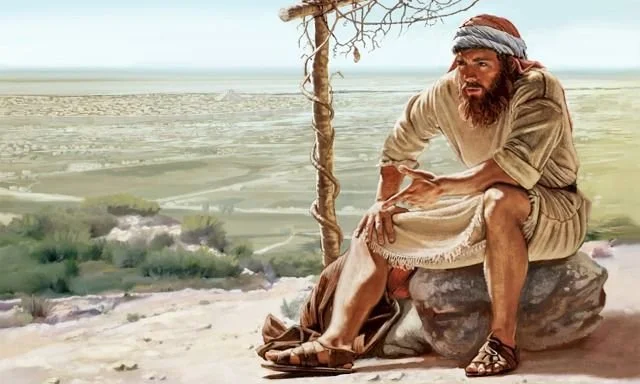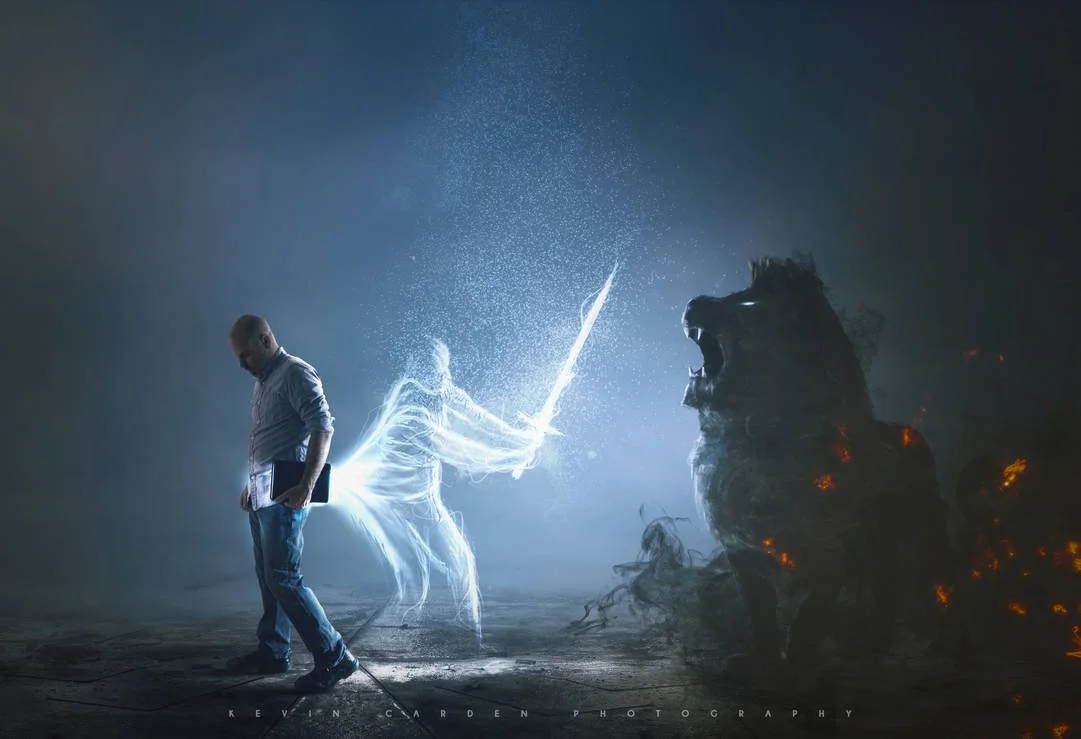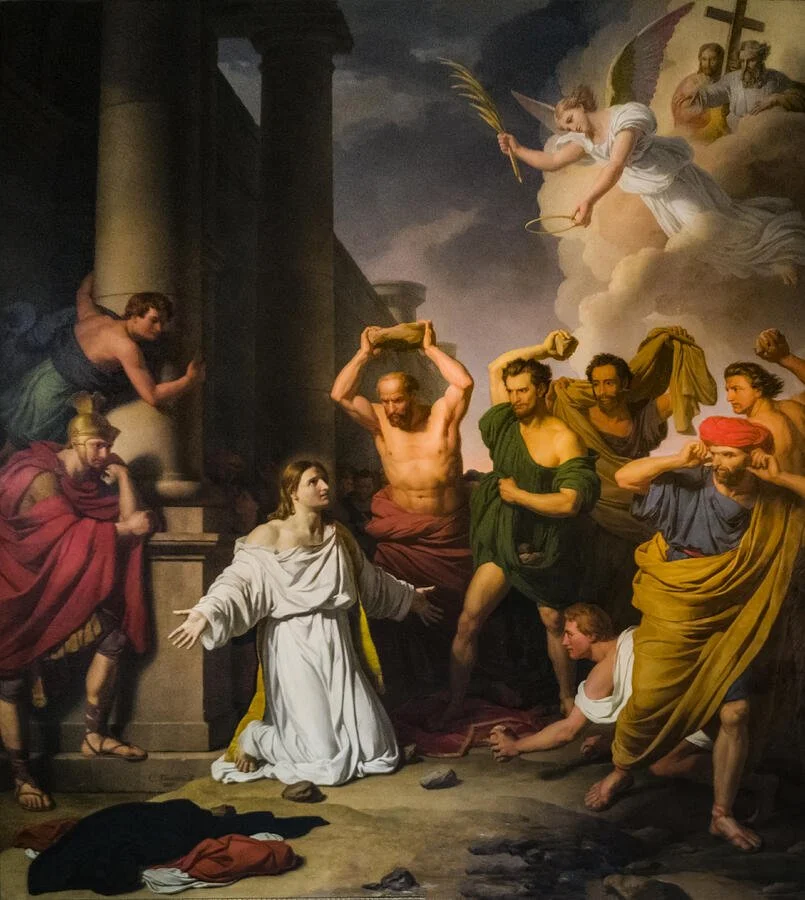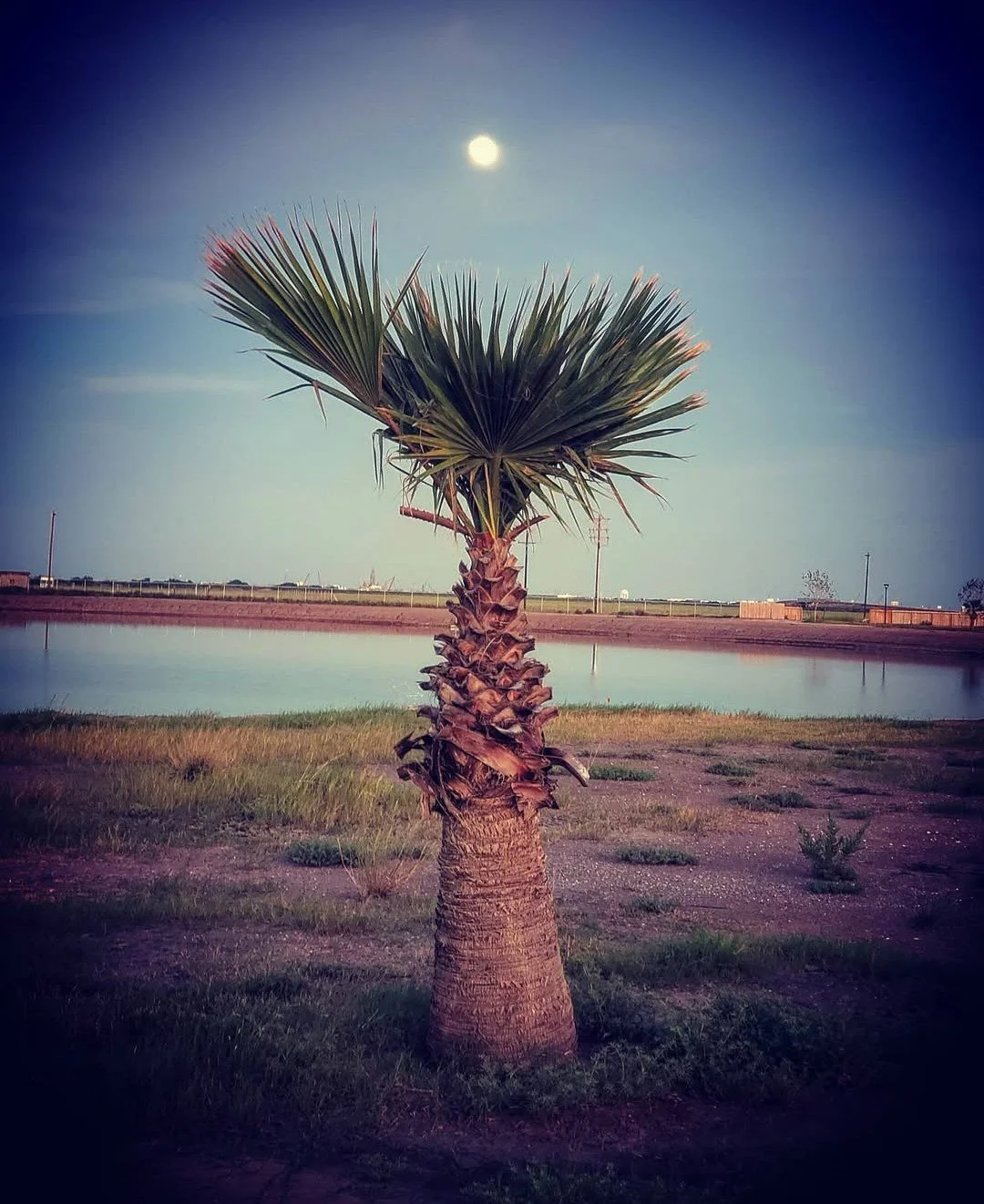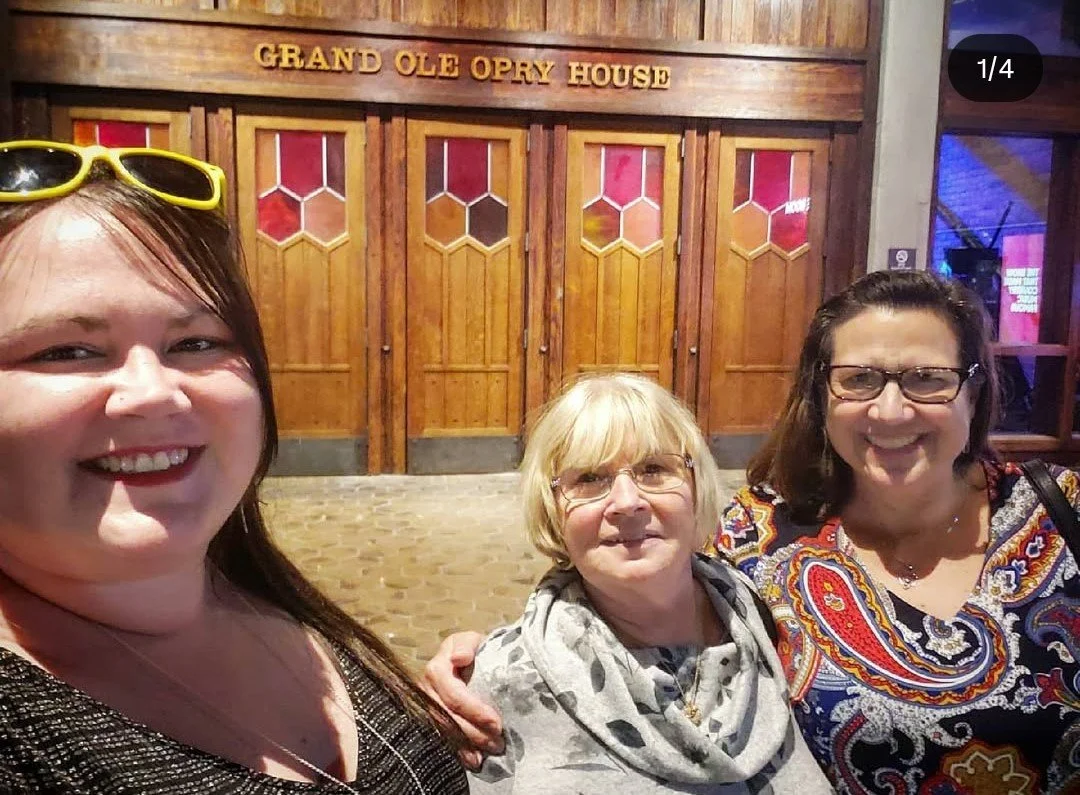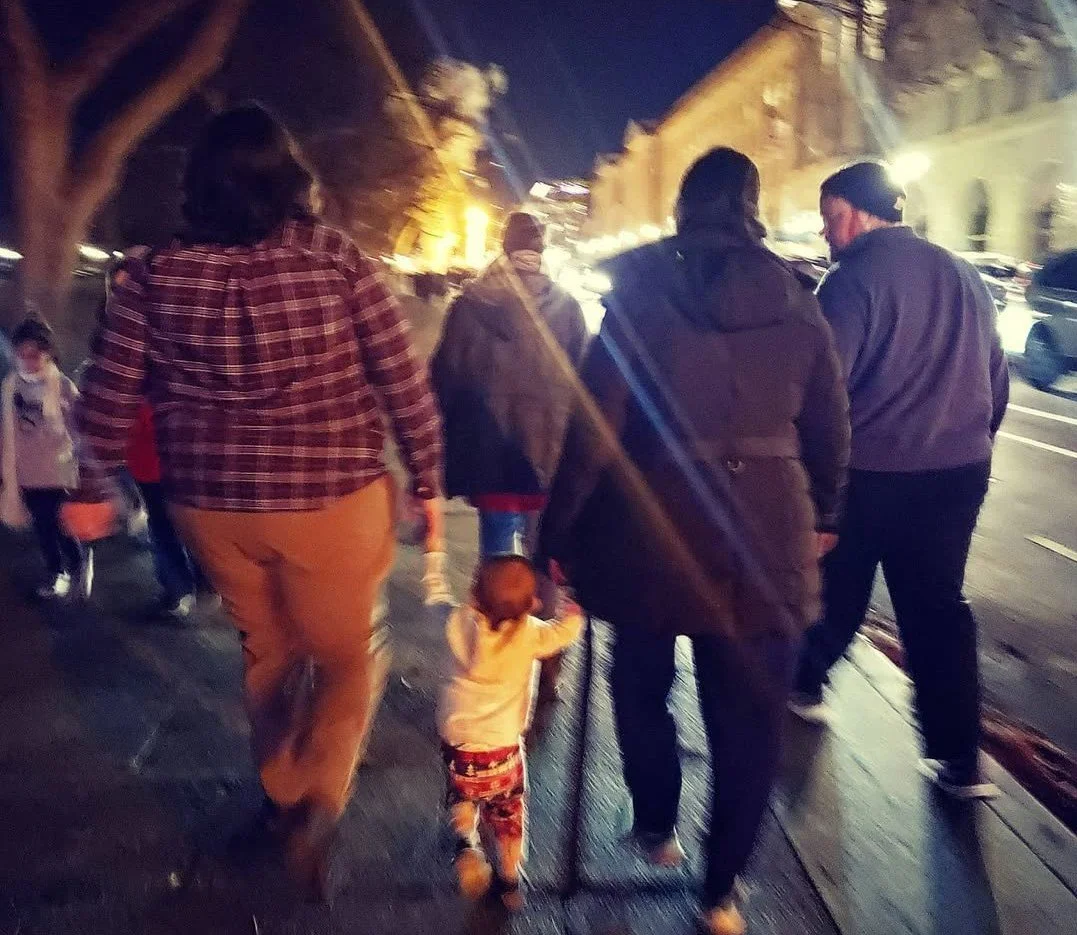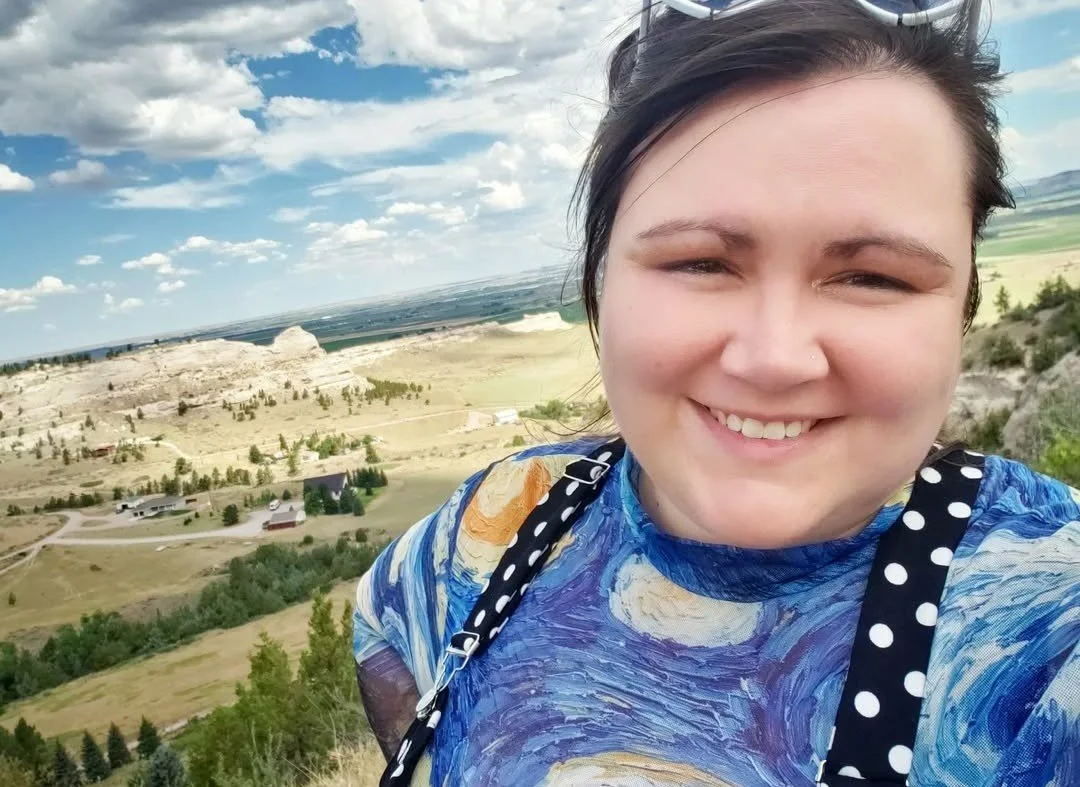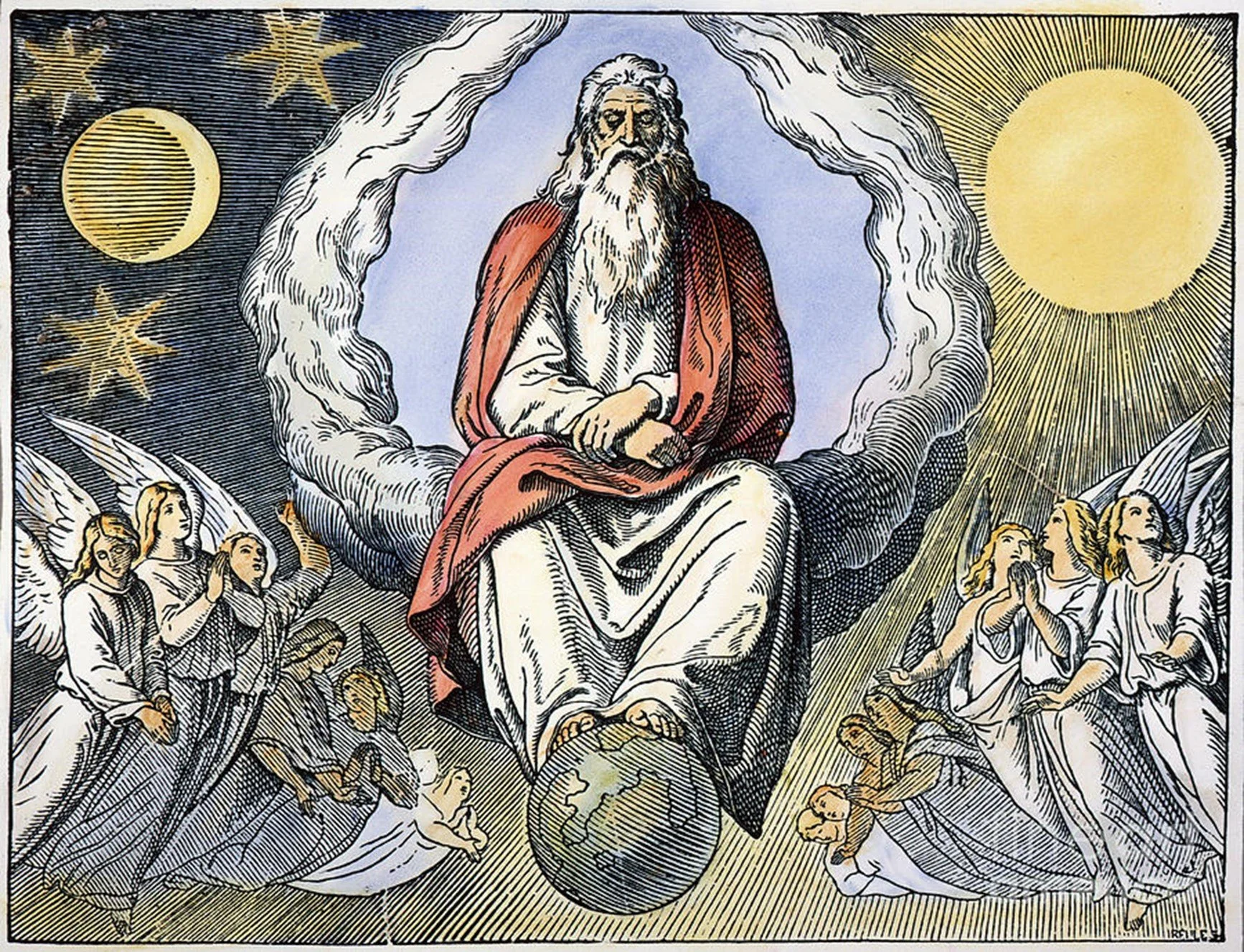Listen to an audio recording of this blog post here.In the book of Leviticus chapters 13 and 14 there are instructions for being able to tell if someone has leprosy and instructions for what to do after someone is healed of leprosy.
Frankly this seems boring at first glance. However, this is a perfect example of why it is important to study the Bible in Context.
Context simply means you should know what happens before and after the story and what is going on at the time in history when the story is written. Or, as Rob Green from biblicalcounselingcoalition.org says “’Scripture interprets Scripture.’ That means that reading the Bible helps you read the Bible. The Bible is such an interconnected story that reading one part will make you think of another part. When you see how the parts fit, the story becomes even more amazing.”
Now, let me show you why it is pretty cool that God included this seemingly boring piece of scripture in Leviticus.
Sometime prior to the birth of Jesus, the ancient rabbis separated miracles into two categories. The First category is the miracles anyone would be able to perform if they were empowered by God to do so. The second category of miracles are called Messianic Miracles, which were miracles they believed only the Messiah would be able to perform.
The three Messianic miracles are The Exorcism of a Mute Demon, The Healing of a Man who had been Born Blind, and The Healing of a Jewish Leper.
Digging into the historical and Biblical context of all three of these is super interesting, but today I am only focusing on the leprosy.
A cure for leprosy was left out of the rabbinic cures; they had no cure for it whatsoever. Yet, Leviticus Chapters 13 and 14 gave the Levitical priesthood detailed instruction on what to do if a Jewish leper was healed.
Although the priesthood had all these detailed instructions as to how they were to respond in the case of a healed leper, they never had the opportunity to put these instructions into use because from the time the Torah was completed there was no record of any Jew who had been healed of leprosy. While Miriam was healed of leprosy, this was before the completion of the Torah–so before they were given these instructions. Naaman was healed of leprosy, but he was a Syrian Gentile, not a Jew. So, from the time the Torah was completed there was never a case of a Jewish leper being healed; or, in other words, never a chance for the rabbis to use these instructions God had given them..
This made the rabbis wonder why God had given them these instructions in the first place. And they concluded that God wouldn’t give them that info without a good reason, so the healing of a Jewish leper would eventually happen, but they also concluded (since they had no instructions on how to cure leprosy and since it seemed unlikely to happen) it would have to be the Messiah who would make it happen. The healing of a Jewish leper was then classified as a Messianic Miracle.
It’s hard to know if this was God’s intention because it’s not directly stated in the Bible that only the Messiah would be able to heal a Jewish leper, but since God works within human free will and always goes above and beyond to reach people where they are at, He decided to use this belief they had cultivated.
In other words, at the time Jesus was walking the earth, the Jewish rabbis and the nation of Israel believed that the Messiah would prove he was God by healing a Jewish leper, so God responded in kind.
According to Luke 5:12 there was a man who was covered with leprosy.
That man came to Jesus and said: “Lord, if you are willing, you can make me clean.”
The leper clearly recognized the authority of Jesus as the Messiah and that Jesus, therefore, had the power to heal him. The only question on the part of the leper was the willingness of Jesus to do so.
At that point, we read that Jesus touched the leper and immediately the leprosy left him (Luke 5:13).
Then Jesus ordered him: “Don’t tell anyone, but go, show yourself to the priest and offer the sacrifices that Moses commanded for your cleansing, as a testimony to them.” (Luke 5:14)
“Them” refers to the priesthood of Israel and the “testimony” he was sharing with them was that a Messianic miracle had just been performed; therefore, the Messiah had arrived.
Jesus sent that man directly to the priesthood in Jerusalem in order to force them to follow through on the commands of Moses in Leviticus Chapters 13 and 14. When that man appeared before them and declared himself to be a cleansed leper, they needed to offer up two birds as a sacrifice that same day.
For the next seven days these priests intensely investigated the situation and discovered three things:
They discovered that the man had been a leper.
They discovered that he was perfectly healed of his leprosy.
They discovered that Jesus of Nazareth was the One who healed him.
Because the rabbis taught that the healing of a leper was a Messianic Miracle, anyone healing a leper would, by that very act, be claiming to be the Messiah.
Jesus deliberately sent the cleansed leper to the priesthood in order to get the leaders to start investigating His Messianic claims and to come to a decision regarding those claims.
It was a blatant message to the Jewish leaders of the day. Jesus was saying, “Here I am. I am God. I am the Messiah. I have come to save you. Turn to Me.”
That, I tell you, is anything but boring.
This series of blog posts titled, “Holding on to Reason”, is named after Amanda’s favorite C.S. Lewis quote: “Faith is the art of holding on to things your reason has once accepted, in spite of your changing moods.”











